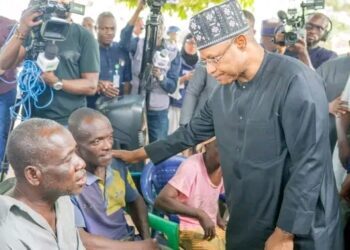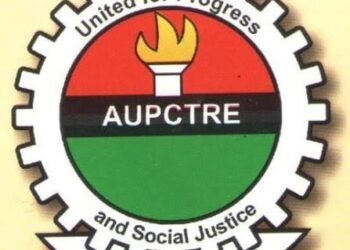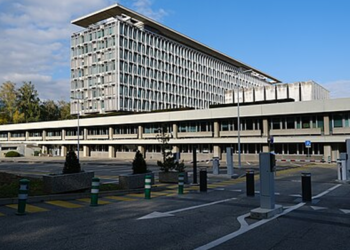Google Search trends on Wednesday revealed that searches on Artificial Intelligence (AI) have continued to increase around the world, with Nigeria recording a 130 per cent increase in 2024.
The Director, West Africa, Google, Mr Olumide Balogun, said in a statement that in Nigeria, searches on AI doubled by 130 per cent between January to July 2024 as against the same period in 2023.
Balogun said that search interest in AI had reached a record high around the world and in Nigeria.
He said that currently, Nigeria had the sixth highest search interest in AI in Africa and ranked 25th in AI search interest in the world.
The Google director said: “Nigerians are also interested in learning more about AI and how best to use it.
“Across Nigeria, the trends show that Google search on cybersecurity and AI are up by 80 per cent; on AI and healthcare increased over 140 per cent; AI and medicine up by 50 per cent among others.
“AI has the potential to create opportunities from the extraordinary to the everyday for everyone, bringing new waves of innovation, social and economic progress.
“So, it is no surprise that Nigerians are already looking to make the most of this transformational technology and finding ways for it to boost their career, creativity and society.
“Searches for AI and courses have increased by 50 per cent while search interest in AI and business increased by 110 per cent while searches for AI and jobs increased by 640 percent,’’ he said.
Balogun said that aligned with its commitment to AI as a force for positive societal change, Google offered free AI training programmes for Africans through its Hustle Academy.
He stressed that this initiative designed for entrepreneurs, included modules specifically tailored to teach participants how to leverage on AI to improve their businesses.
He said that since its launch in 2022, the Hustle Academy had empowered over 10,000 businesses.
According to him, additionally, Google supports promising AI-focused startups in Africa through its Google for Startups Accelerator Africa programme.
The News Agency of Nigeria reports that through its initiatives, Google is also using AI to address some of society’s biggest challenges.
In Ghana, Google’s AI Center is working in collaboration with InstaDeep and the United Nations to better detect locust outbreaks and implement control measures.
While in Kenya, Google is working with Jacaranda Health to improve maternal care, among other initiatives. (NAN)











